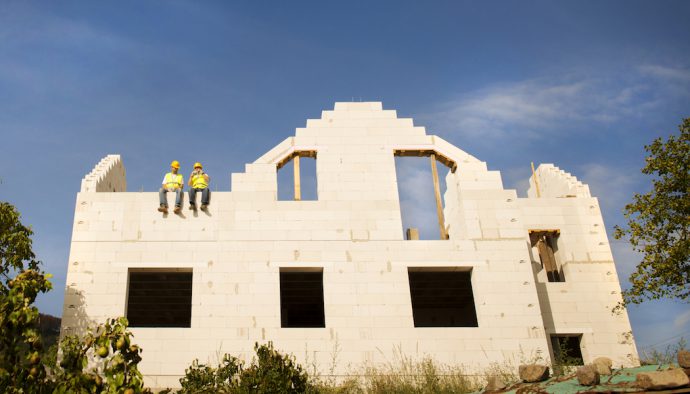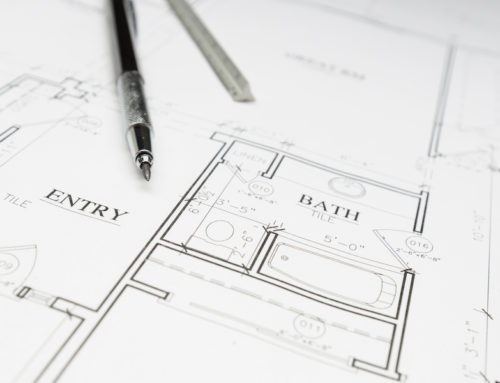A renovation is a great way to boost your property value and improve a home’s liveability. Unfortunately, renovation horror stories are a dime a dozen. You’ve likely heard a few doozies, and perhaps you’ve even told some yourself from personal experience. From lost deposits to blown budgets and missed deadlines, these scary tales are enough to keep you up at night. And the worst part? They can happen to anyone.
The truth is, the average homeowner likely doesn’t know everything they should in order to successfully manage a renovation project, according to the experts at RenoMark, an organization established by GTA-based Building Industry and Land Development Association to identify professional contractors who abide by a code of conduct. Where do you start, how much should it cost, how long will it take, and who can you trust to complete the work? All valid questions that need to be answered before the shovels hit the ground.
That’s not to say that you should forego the reno. When done right, the gains you’ll see in your property value will be worth the expense and inconvenience that often accompany a home renovation. Here are five things every homeowner should know before those shovels hit the ground.
Define your project.
The more you know about your home renovation goals, the closer your contractors will come to realizing them. Is the objective to boost your home’s property value? Liveability? Perhaps it’s something else entirely. Whatever your goals, lay them all out on the table.
Align budget and expectations.
While your goal might be to achieve a dream home, now’s the time to get real. Unrealistic expectations inevitably lead to disappointed homeowners, lost time and wasted money.
Choose your renovator.
Choose someone reputable to do the work. Turn to organizations such as RenoMark as a source of professional companies. Once you’ve narrowed down your choices, check references and request to see examples of their work.
Get it in writing.
Your contract will be the basis of understanding for the work moving forward. Your contract should include details like cost, payment schedule, time-line, product details, a communication protocol, warranty and a close-out plan. Consider having your renovation contract reviewed by a lawyer.
Keep tabs.
Communicate regularly with your contractor to ensure work is progressing according to plan. Keep in mind that unforeseen circumstances or changes to the project plan may delay completion and affect your budget. Ensure all changes made to the scope of work are accompanied by a signed change order.
Tips courtesy of RenoMark, originally published by Toronto Home Shows.









